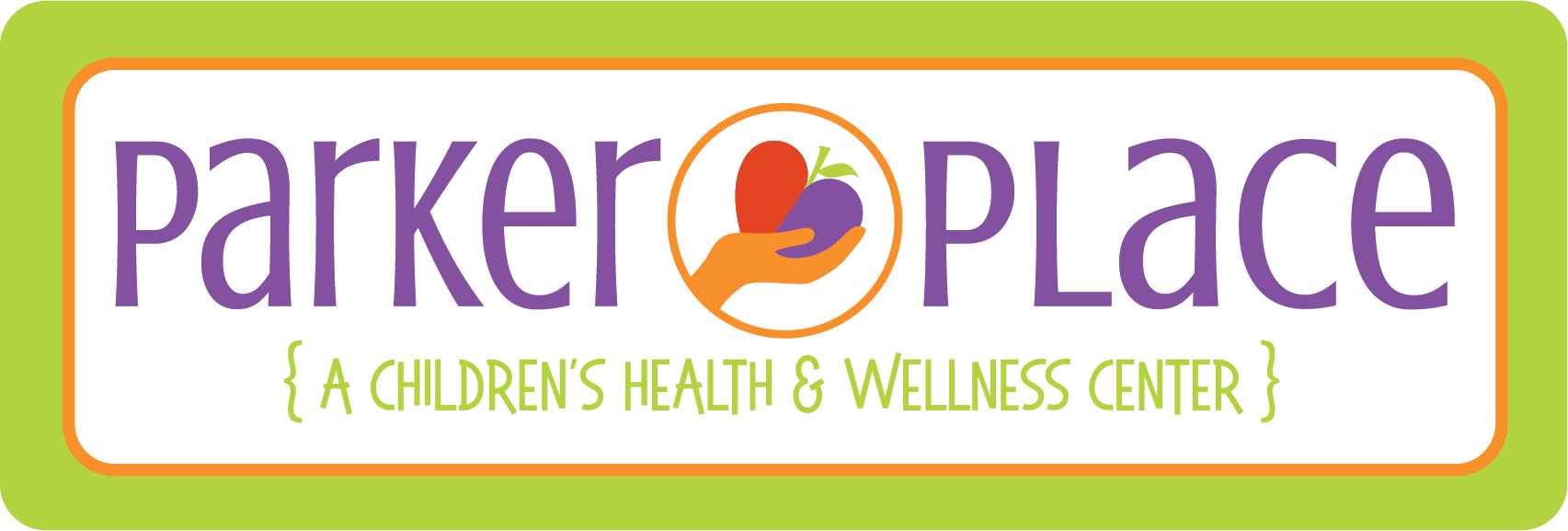what is occupational therapy?
A pediatric occupational therapist works with families to help children build skills and gain independence in their occupations. You may be wondering: what are these “occupations” when it comes to a child?
Occupations are the everyday activities that people do - as individuals, in families, and within communities - to occupy their time and bring meaning and purpose to their lives. These occupations include things people need to, want to, and are expected to do.
The nine occupations are:
Activities of Daily Living (ADLs): Engaging in personal hygiene, dressing, eating, toileting, bathing, functional mobility
Rest and Sleep: Participating in bedtime and sleep routines
Play: Exploring and participating in different play activities
Instrumental Activities of Daily Living (IADLs): Engaging in meal preparation, grocery shopping, driving, pet care, communication devices, financial management
Leisure: Exploring your child’s interests
Education: Engaging in formal and informal school activities
Social Participation: Establishing healthy peer and family relationships
Health Management: Social and emotional health, managing mental/physical symptoms, medication management, physical activity, nutrition
Work: Exploring work and volunteer opportunities
Occupational therapists, or OTs, take a play-based approach to target fine motor and gross motor skills, cognition, social behaviors, and sensory needs to help children develop the skills necessary for school and home activities. Keep reading to learn how OTs target the skills specific to each of your child’s nine occupations.
ACTIVITIES OF DAILY LIVING (ADL’S)
Does your child have difficulty performing the routine activities oriented toward taking care of their own body, such as toileting, bathing, brushing teeth, dressing, and more? If so, click here to learn more about how OTs can improve your child's independence in self-care tasks.
REST AND SLEEP
Is your child frequently tired, or do they complain that they can’t sleep well? Restorative rest and sleep are imperative in supporting healthy, active engagement in other occupations. If your child struggles in this area, click here to learn more about how OTs help establish healthy sleep habits in your child.
PLAY SKILLS
Play includes activities that are intrinsically motivated, internally controlled, and freely chosen. Does your child struggle to make friends and engage with others in play activities? If so, click here to learn more about how an OT can promote developmentally appropriate play.
INSTRUMENTAL ACTIVITIES OF DAILY LIVING (IADL’S)
Instrumental Activities of Daily Living (IADLs) are activities that support daily life within the home and community, such as meal preparation, financial management, and community mobility. Does your child have difficulty performing these high-complexity tasks? Do they get easily stressed when planning to complete these tasks? If so, click here to learn more about how OTs can help your child enhance their confidence in performing their IADLs.
LEISURE ACTIVITIES
Leisure activities are nonobligatory activities that are intrinsically motivating to the child and engaged in outside of school, work, or other defined times. Does your child struggle to identify activities that might interest them or often lose interest in activities they used to enjoy? If so, click here to learn more about how OTs can help your child identify leisure activities to improve their overall well-being.
EDUCATION
Does your child struggle with activities in school related to writing, behavior management, attention, and more? These activities related to education are vital for the child's development and success. If this is a problem area for your child, click here to learn more about how OTs working in the school can help your children with their educational activities that are needed for learning and participating in the educational environment.
SOCIAL PARTICIPATION
Social participation includes activities that involve social interaction with others, including family, friends, peers, and community members, and that support social interdependence. If your child struggles to communicate with and build social relationships with others, click here to learn more about how OTs address your child's social skills.
HEALTH MANAGEMENT
Does your child have a health problem that requires daily management? Do they have difficulty understanding the importance of their health problem and how they have a role in its management? Health management refers to the activities related to developing and maintaining healthy routines, with the goal of supporting participation in other occupations. If maintaining these routines is a challenge for your child, click here to learn more about how OTs can help your child manage their health and well-being.
WORK
The work occupation refers to labor or exertion related to the development, production, delivery, or management of objects or services. Is your teen struggling to identify their post-graduation plans or goals? Do they get stressed when contemplating their future careers? If so, click here to learn more about how OTs can help your child plan their future related to work and volunteer services.
We encourage you to explore the specific occupational therapy services and feeding therapy services offered at Parker Place, and to contact us if you’d like to schedule an evaluation for your child!




